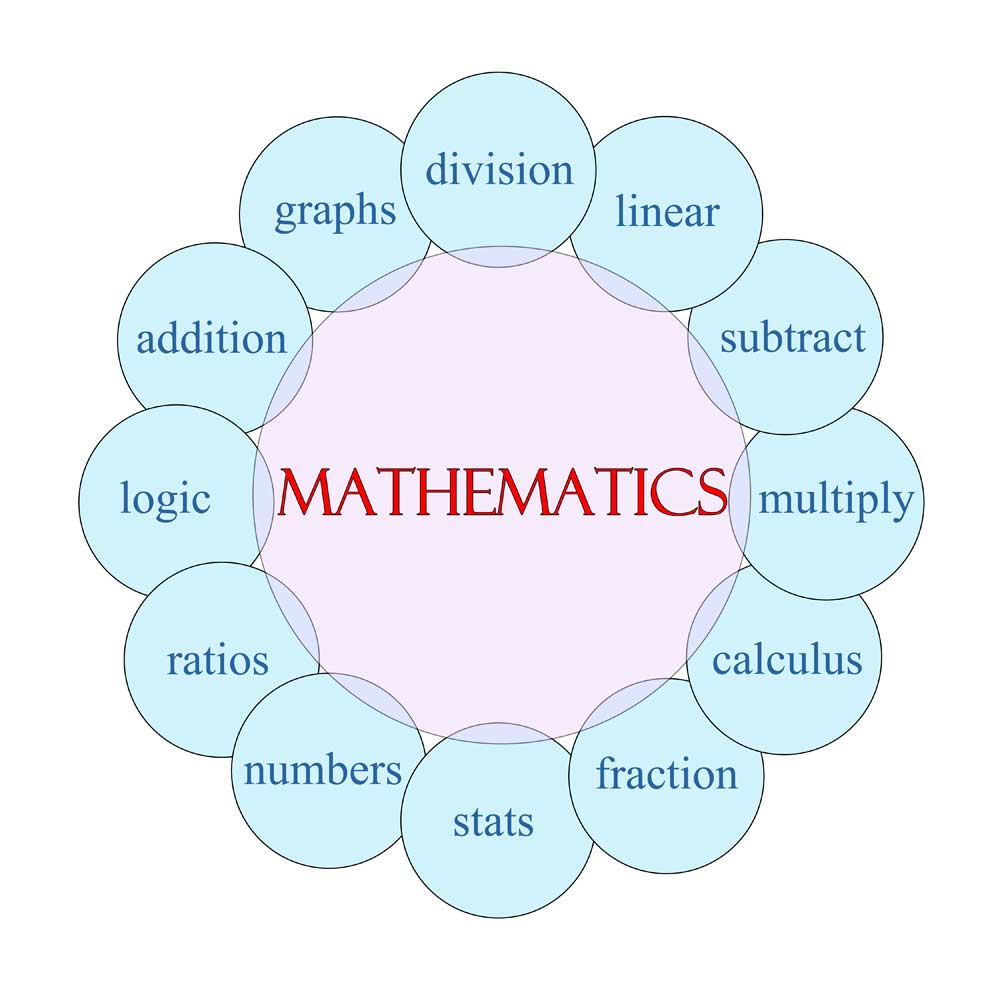 Amy Shapiro and I took a graduate course for professional development on teaching beginning readers. During the course, we studied The Framework for Literacy Instruction which presents three perspectives for effective teaching—the interactive perspective, the critical perspective, and the response perspective. Across each perspective, the teacher must be cognizant of planning for the learners, the texts, and the instructional practices. It is critically important to address all three perspectives in literacy planning. If our goal is to develop critical thinkers, then focusing their attention on the content, the craft, and the big ideas is imperative. Through exposure to both fiction and non-fiction genres, students can develop a repertoire of comprehension strategies that can be applied appropriately depending on the reading task.
Amy Shapiro and I took a graduate course for professional development on teaching beginning readers. During the course, we studied The Framework for Literacy Instruction which presents three perspectives for effective teaching—the interactive perspective, the critical perspective, and the response perspective. Across each perspective, the teacher must be cognizant of planning for the learners, the texts, and the instructional practices. It is critically important to address all three perspectives in literacy planning. If our goal is to develop critical thinkers, then focusing their attention on the content, the craft, and the big ideas is imperative. Through exposure to both fiction and non-fiction genres, students can develop a repertoire of comprehension strategies that can be applied appropriately depending on the reading task.
Learners: Affective and cognitive aspects of literacy learning.
Texts: Text structures, types, genres, and difficulty levels matched to literacy learners and literacy goals and objectives.
Instructional Practices: Developmentally appropriate research-based practices used with appropriate texts to facilitate affective and cognitive aspects of literacy development in all learners.
1. Interactive Perspective
- Reading and writing accurately, fluently, and with comprehension.
- Being strategic and metacognitive readers and writers.
- Use a variety of informal and formal assessments to determine areas of strength and need in literacy development.
- Determine texts of the appropriate types and levels of difficulty to meet literacy goals and objectives for students.
- Use instructional methods that address the cognitive and affective needs of students and the demands of the particular text.
- Promote students’ independent use of reading strategies and skills.
2. Critical Perspective
- Judging, evaluating, and thinking critically about text.
- Find out about ideas, issues, and problems that matter to students.
- Understand the learner as a unique individual.
- Select texts that provide opportunities for students to judge, evaluate, and think critically.
- Foster a critical stance by teaching students how to judge, evaluate, and think critically about texts.
3. Response Perspective
- Reading, reacting, and responding to text in a variety of meaningful ways.Find out about students’ interests and identities.
- Understand what matters to students and who they are as individuals.
- Select texts that connect to students’ identities and/or interests and that have the potential to evoke an emotional or personal response.
- Provide opportunities for students to read, react, and formulate a personal response to text.© Laureate Education, Inc.
Board Certified Educational Planner and Learning Specialist
My Learning Springboard
 When I work with elementary students, they are often confused when they reach the estimation unit, and so are their parents. They get hung up on the skill rather than understanding why the concept is even relevant. Students prefer to find the exact answer because estimating seems like extra work and, developmentally, estimating is a challenging task for young children. According to John A. Van de Walle, a math education researcher,
When I work with elementary students, they are often confused when they reach the estimation unit, and so are their parents. They get hung up on the skill rather than understanding why the concept is even relevant. Students prefer to find the exact answer because estimating seems like extra work and, developmentally, estimating is a challenging task for young children. According to John A. Van de Walle, a math education researcher,  As a teacher of three and four year olds, cooking is a weekly practice in my classroom. While we all love to enjoy the final product of a treat produced, the process of baking is what really is educationally beneficial to children. While baking with children, they can learn a multitude of educational concepts including many
As a teacher of three and four year olds, cooking is a weekly practice in my classroom. While we all love to enjoy the final product of a treat produced, the process of baking is what really is educationally beneficial to children. While baking with children, they can learn a multitude of educational concepts including many